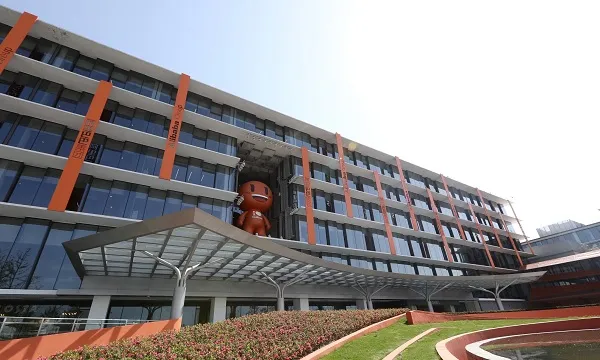
Weekly News Wrap: China's e-commerce giants bag $137b in 618 event; Japanese retail stocks surge
And Singapore’s stores are bearish about their business post-pandemic.
From CNBC:
China’s two biggest e-commerce giants Alibaba and JD.com handled $136.51b of sales through their platforms during one of the country’s biggest shopping events.
Known as 618 because it falls on June 18, the festival was being closely watched for signs about the health of the consumer in the world’s second-largest economy, as it looks to recover from the coronavirus pandemic.
JD.com said transaction volume totaled $37.99b (RMB269.2b). This was more than the $28.55b (RMB201.5b) in transaction volume last year. Meanwhile, Alibaba said gross merchandise value or GMV stood at $98.52b (RMB698.2b).
Read more here.
From Bloomberg:
Shares in a range of Japanese retailers gained following a surge in sales at furniture depot Nitori and casual fashion retailer Shimamura, an early indication of pent-up demand from local shoppers as the threat of the coronavirus subsided.
Nitori same-store sales jumped 47% in June from the previous year, the most on record in data going back to 2012, whilst Shimamura saw a 27% increase. At the same time, Shimamura shares rose as much as 7.3% in Tokyo on Wednesday, whilst Nitori added as much as 2.5%.
The two companies are early reporters of retail data in Japan, with the figures released covering the period from 21 May to 20 June. Japan’s coronavirus state of emergency was lifted in stages from 14 May, before being fully ended on 25 May.
Read more here.
From CNBC:
Singapore eased restrictions further and reopened pockets of the economy that were suspended due to coronavirus, but retailers are not hopeful the move would do much to lift their already struggling businesses, according to an industry association.
“Retailers are definitely facing significant financial stress during this period. Whether big or small, they’re actually finding it really difficult to meet their financial obligations,” Rose Tong, executive director of Singapore Retailers Association, told CNBC’s “Street Signs Asia” on Friday.
“They’re not very hopeful that business will be business as usual ... even after the first two weeks of euphoria shopping, or what we call revenge shopping,” she said, adding that some retailers expect sales to drop by about 50% due to the weakening economy.
Read more here.



















 Advertise
Advertise






